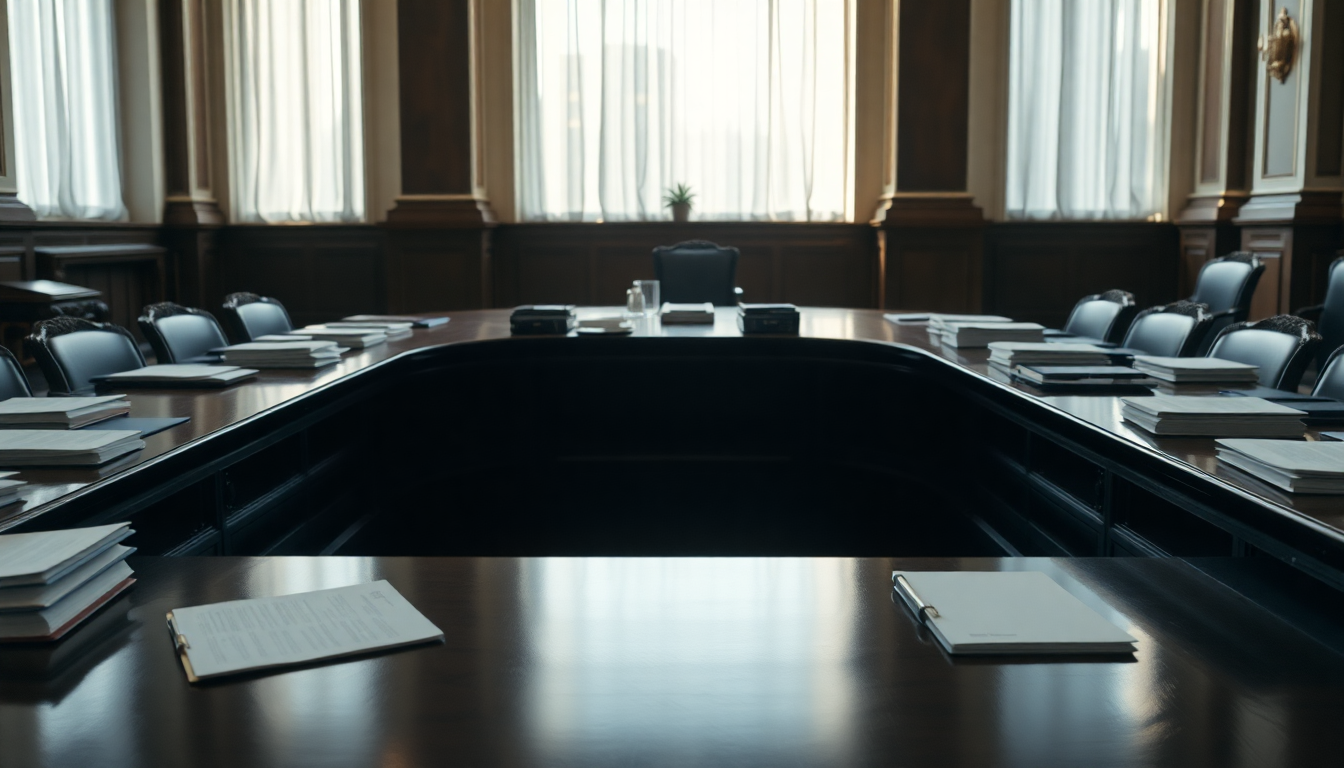Table of Contents
When it comes to politics, one burning question stands out: how can personal political beliefs coexist with the impartiality required in a public office? This intriguing topic was recently tackled by Bundestagspräsidentin Julia Klöckner in a thought-provoking episode of a popular political podcast. In her conversation with journalist Gordon Repinski, they navigated the fine line between exercising authority and practicing restraint in a role that often stays behind the scenes but carries significant political influence.
The Role of Authority in a Neutral Office
Klöckner’s insights offer a revealing glimpse into the inner workings of the Bundestag. As she guides listeners through its halls, adorned with art and steeped in history, it’s evident that her position is anything but ceremonial. She strikes a delicate balance between power and responsibility. For her, respecting the parliamentary process is paramount—especially when faced with populist disruptions that threaten to undermine the decorum of discourse. How can we maintain order while fostering open dialogue? Klöckner believes this balance is essential for upholding the essence of democracy.
Diving deeper, Klöckner shares her preparations for the upcoming constitutional court election, emphasizing the stakes involved in not achieving a two-thirds majority. She highlights how the Karlsruhe court may end up casting the decisive vote. This scenario illustrates the intricate dynamics of power within democratic governance, where each choice can have far-reaching consequences.
Democratic Rituals and Parliamentary Balance
The conversation shifts to explore the rituals that underpin democracy and the balance of power that defines parliamentary systems. Klöckner notes that these rituals do more than serve as mere formalities—they reinforce the principles of representation and order. Yet, how do we ensure that freedom of expression flourishes while also upholding the dignity of parliamentary proceedings?
As the discussion unfolds, the tension between personal convictions and official responsibilities becomes apparent. Klöckner is committed to nurturing an environment where diverse opinions can thrive, but she is equally aware of her duty to maintain decorum. This duality not only shapes her role but also reflects the broader challenges political figures face in navigating their responsibilities with integrity.
Insights on the Future of Political Engagement
Looking forward, Klöckner’s reflections shed light on the changing landscape of political engagement. With societal expectations evolving and the political climate becoming more polarized, the need for effective communication and mutual respect in governance is more critical than ever. Her honest insights remind us that political figures must engage thoughtfully, balancing their responsibilities with the expectations of the people they serve.
Ultimately, this podcast episode provides a fascinating exploration of the intricate dance between authority and neutrality in political roles. As listeners absorb Klöckner’s experiences and thoughts, they gain a richer understanding of the complexities involved in the political arena—where the stakes are high, and every decision leaves a mark on the fabric of democracy.


